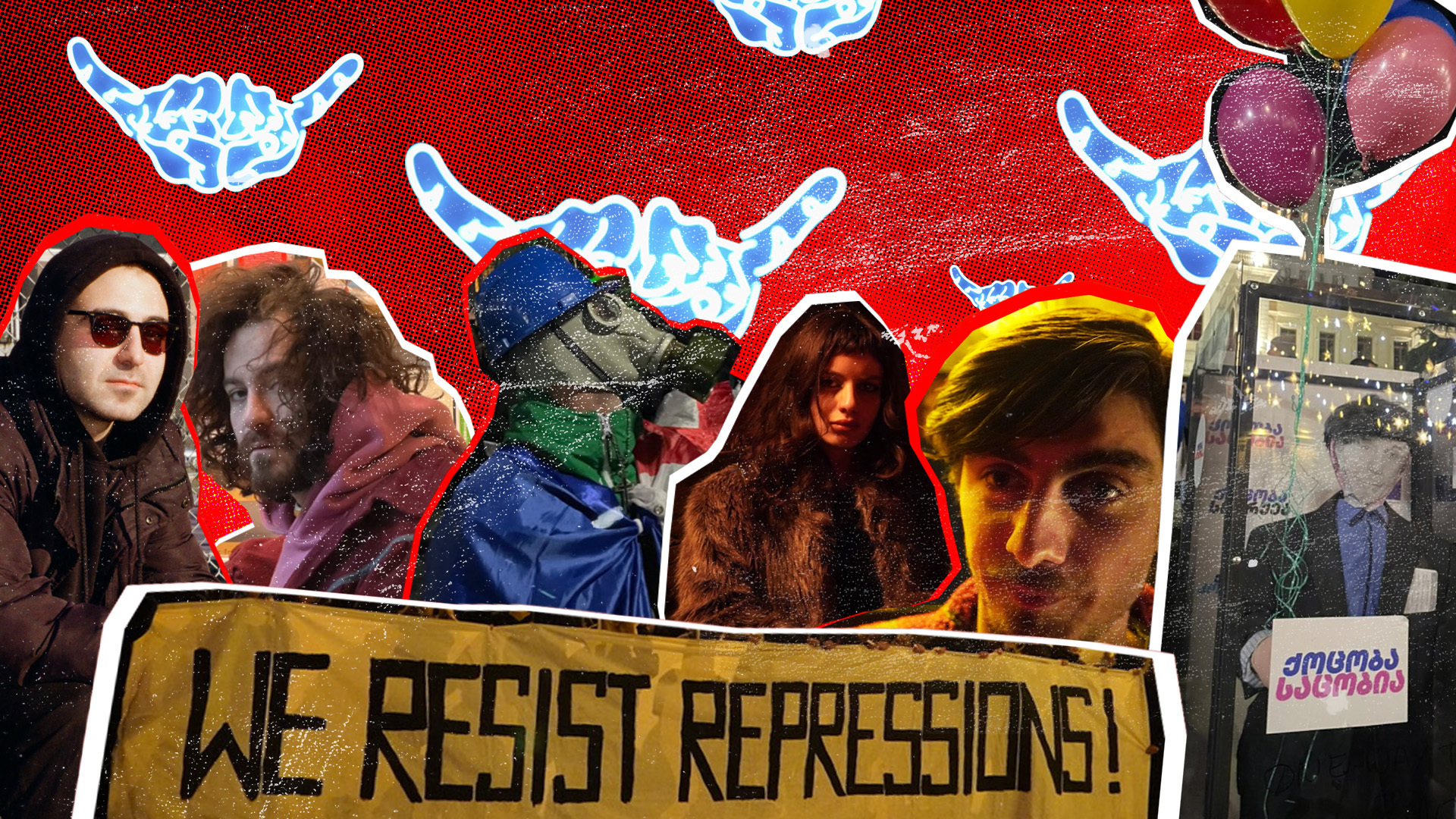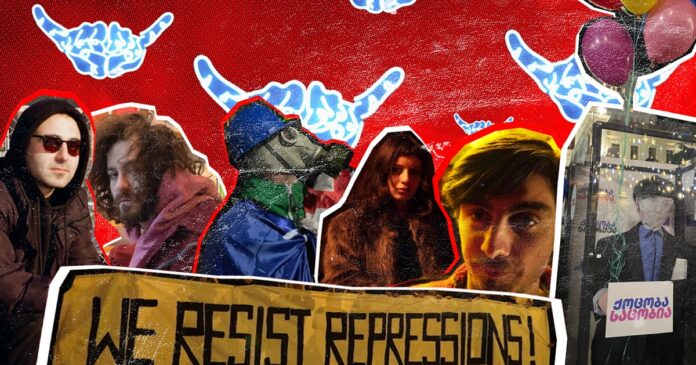
The underground scene has long been a prime target for Georgian Dream, which directed armed riot police to raid Bassiani and the city’s oldest techno club, Cafe Gallery, in 2018. At the direction of secretive oligarch Bidzina Ivanishvili – whose personal wealth equals a quarter of Georgia’s GDP – the party has warmed relations with Russian President Vladimir Putin, while turning its back on the EU and taking an increasingly socially conservative turn. In recent years, Georgian Dream has adopted Russian-style laws cracking down on foreign-funded NGOs and the LBGTQ+ community, sparking fierce street protests.
Yet the stakes feel more existential in the current round of demonstrations, which began a month after a parliamentary election that was marred by allegations of widespread fraud. Police have arrested over 500 protesters, particularly targeting opposition leaders and independent journalists, with many facing brutal abuse in detention. Bands of government-aligned criminals known as “titushki” roam the streets committing unprovoked acts of violence against those same groups.
“Everyone is scared, but no one is hopeless,” said Gedevanishvili, adding that he sees the dance floor as an “educational place”, where he can take dancers on a journey that begins with the sadness of the past few months and ends with a feeling of collective relief.
Gedevanishvili now lives in New York, but he flew back to Tbilisi to play Bassiani’s New Year’s party. On December 21, he helped rally the Georgian diaspora for a fundraiser at Queens-based venue H0l0, while New York techno mainstay BASEMENT also raised over $10,000 for Bassiani in a crowdfunding campaign.
Despite these displays of solidarity overseas, the public fundraisers and some support from the Georgian underground music community, the strike took a severe toll on the clubs, whose international acclaim belies a precarious financial situation. “Deciding to go on strike wasn’t easy, but it felt necessary,” said Gacha Bakradze, co-owner of Left Bank. “Even missing a single week of operation has a significant impact, and we were closed for six weeks.”
Located in a crumbling former industrial park next to Tbilisi’s central Mtkvari River, Left Bank defines itself as both a club and a “community space”, complete with a cozy brick record shop, ping-pong table, and outdoor dance floor in the shadow of a giant, decidedly non-native cactus. When it went on strike, it not only cancelled DJ nights but film screenings, lecture series, and even a nascent, free-to-enroll art school.

